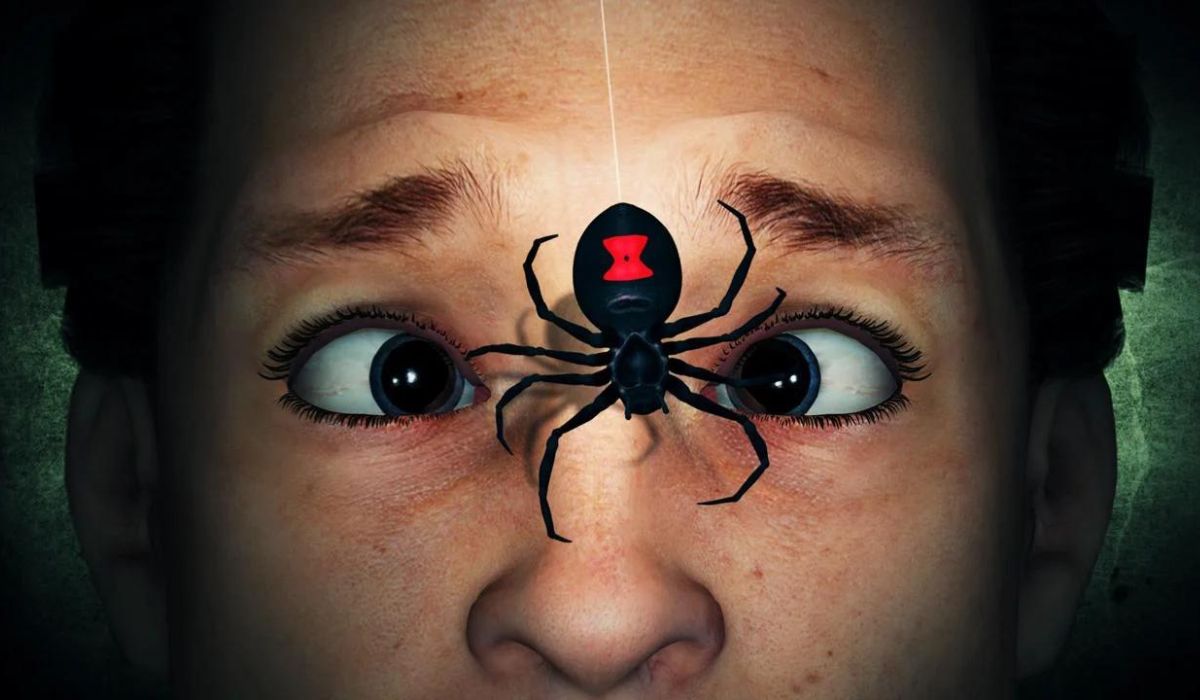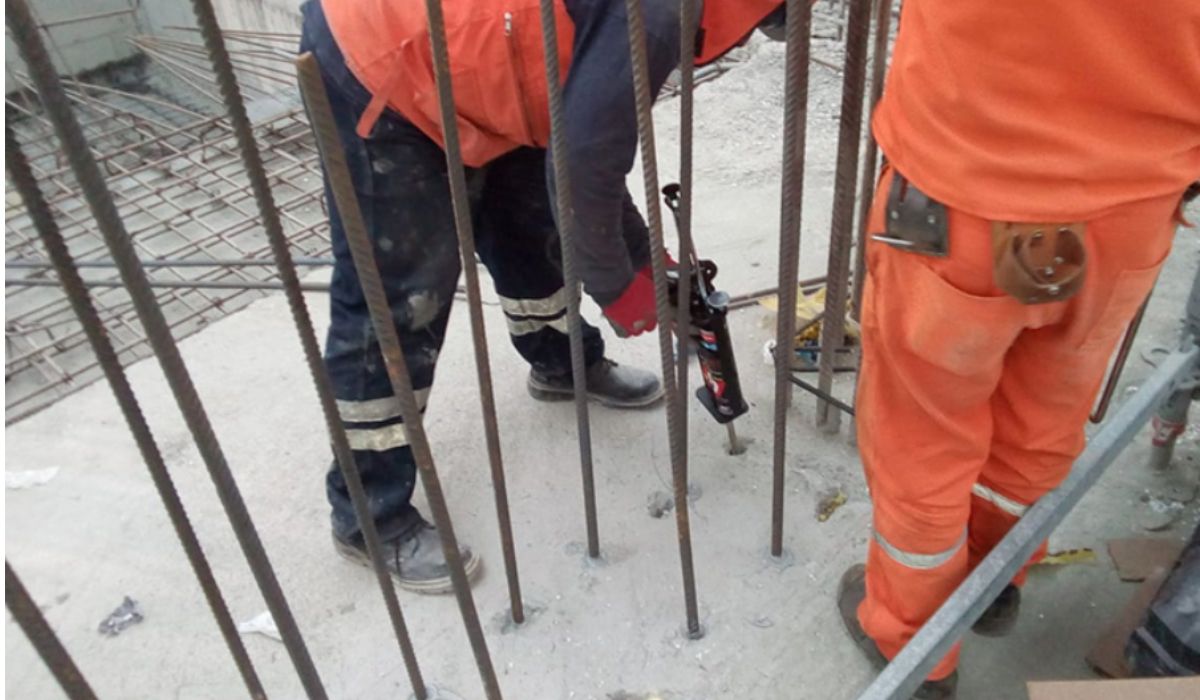Introduction
Imagine stepping into your garage and spotting a small, shiny black spider with a distinct red hourglass marking on its abdomen. You freeze, heart racing, wondering: should I kill a black widow spider? This common reaction to encountering a black widow spider stems from their notorious reputation. With their potent venom and striking appearance, these spiders evoke both fear and curiosity.
The purpose of this article is to answer the pressing question: Should I kill a black widow spider? We will explore the identification of black widow spiders, the dangers they pose, the debate around their extermination, and the best practices for handling encounters. By the end, you will have a clearer understanding of whether these creatures deserve a death sentence or a chance at life.
Understanding Black Widow Spiders
Identification
Black widow spiders are easily identifiable by their glossy black bodies and distinctive red hourglass markings on the underside of their abdomens. Adult females are larger than males, typically measuring about 1.5 inches in length, including their legs. Males are smaller and often have less pronounced markings.
Black widows prefer dark, sheltered areas such as:
- Basements
- Sheds
- Wood piles
- Under furniture
Their webs are irregular and messy, often found near places where they can catch insects.
Venom
The venom of a black widow spider contains a neurotoxin called latrotoxin. This venom affects the nervous system and can cause severe symptoms in humans. The bite may not be felt immediately, but within a few hours, it can lead to pain, muscle cramps, and in severe cases, even death.
Medical Risks
While black widow bites are rarely fatal, they can be serious, especially for children, the elderly, or those with weakened immune systems. Common symptoms of a black widow bite include:
- Severe pain
- Muscle cramps
- Nausea
- Sweating
- Increased heart rate
If you suspect a black widow bite, seek medical attention immediately, as antivenom is available and can significantly reduce symptoms.
The Debate: Kill or Not Kill?
Arguments for Killing
Many people advocate for killing black widow spiders due to their venomous nature. The main arguments for extermination include:
- Safety concerns: Given their potential to inflict serious harm, some feel that eliminating these spiders is the safest option.
- Fear factor: The mere presence of a black widow can induce anxiety in many people, leading them to take immediate action to remove the threat.
- Infestation control: In some cases, if a black widow is spotted, it may indicate an infestation, prompting homeowners to kill the spider to prevent others from nesting nearby.
Arguments Against Killing
On the other hand, there are several compelling reasons to leave black widow spiders alive:
- Ecosystem balance: Black widows play a role in controlling insect populations. By preying on pests, they help maintain a balanced ecosystem.
- Non-aggressive nature: These spiders typically avoid humans and will only bite in self-defense. By leaving them alone, we respect their role in nature.
- Relocation options: Instead of killing, individuals can choose to safely capture and relocate black widows, allowing them to live while removing the threat from their homes.
Ethical Considerations
The ethics of killing a creature, even a venomous one, raises significant questions. Are we justified in ending a life simply out of fear? While safety is paramount, considering the ecological role of spiders can provide a more compassionate perspective. Killing should ideally be a last resort, reserved for situations where human safety is genuinely at risk.
Safe Handling and Prevention
Prevention Tips
To reduce the chances of encountering a black widow spider, consider the following practical measures:
- Regular cleaning: Keep garages, basements, and sheds clean and clutter-free. Remove webs and debris where spiders may hide.
- Seal entry points: Close gaps around windows, doors, and other openings to prevent spiders from entering your home.
- Use outdoor lighting wisely: Bright lights can attract insects, which in turn attract spiders. Opt for yellow bulbs that are less appealing to bugs.
Safe Handling Techniques
If you encounter a black widow spider and want to remove it without harming it, consider these guidelines:
- Stay calm: Don’t panic; most spiders are non-aggressive.
- Use a jar or container: Carefully place a jar over the spider.
- Slide a piece of cardboard underneath: This allows you to trap the spider inside the jar.
- Release outdoors: Take the spider away from your home and release it in a suitable habitat away from human activity.
Emergency Procedures
If you or someone else is bitten by a black widow spider, follow these steps:
- Seek medical attention immediately: Call emergency services or go to the nearest hospital.
- Keep the affected area still: Try to keep the bite area immobilized and at or below heart level.
- Apply a cool compress: This can help reduce swelling and pain.
- Avoid home remedies: Do not apply ice directly to the bite or use other unproven treatments.
Conclusion
So, should you kill a black widow spider? The answer is not straightforward. While these spiders can pose risks, they also play an essential role in the ecosystem. Understanding their behavior, potential dangers, and alternatives to extermination can lead to more informed decisions. By considering both safety and ethics, you can make choices that are not only good for you but also beneficial for the environment. Ultimately, education and prevention are the best tools for coexisting with these fascinating creatures.
FAQs
Are all black widow spiders dangerous?
Not all black widow spiders are aggressive, and bites are rare. However, they can be venomous, so caution is advised.
What should I do if I find a black widow spider in my home?
Consider safely relocating it rather than killing it. If you’re uncomfortable, call a pest control professional.
How can I tell if a spider is a black widow?
Look for the glossy black body and distinctive red hourglass marking on the underside of the abdomen.
What are the symptoms of a black widow spider bite?
Symptoms include severe pain, muscle cramps, nausea, and sweating. Seek medical attention if bitten.
Can black widow spiders be beneficial?
Yes, they help control insect populations, playing an important role in the ecosystem.





